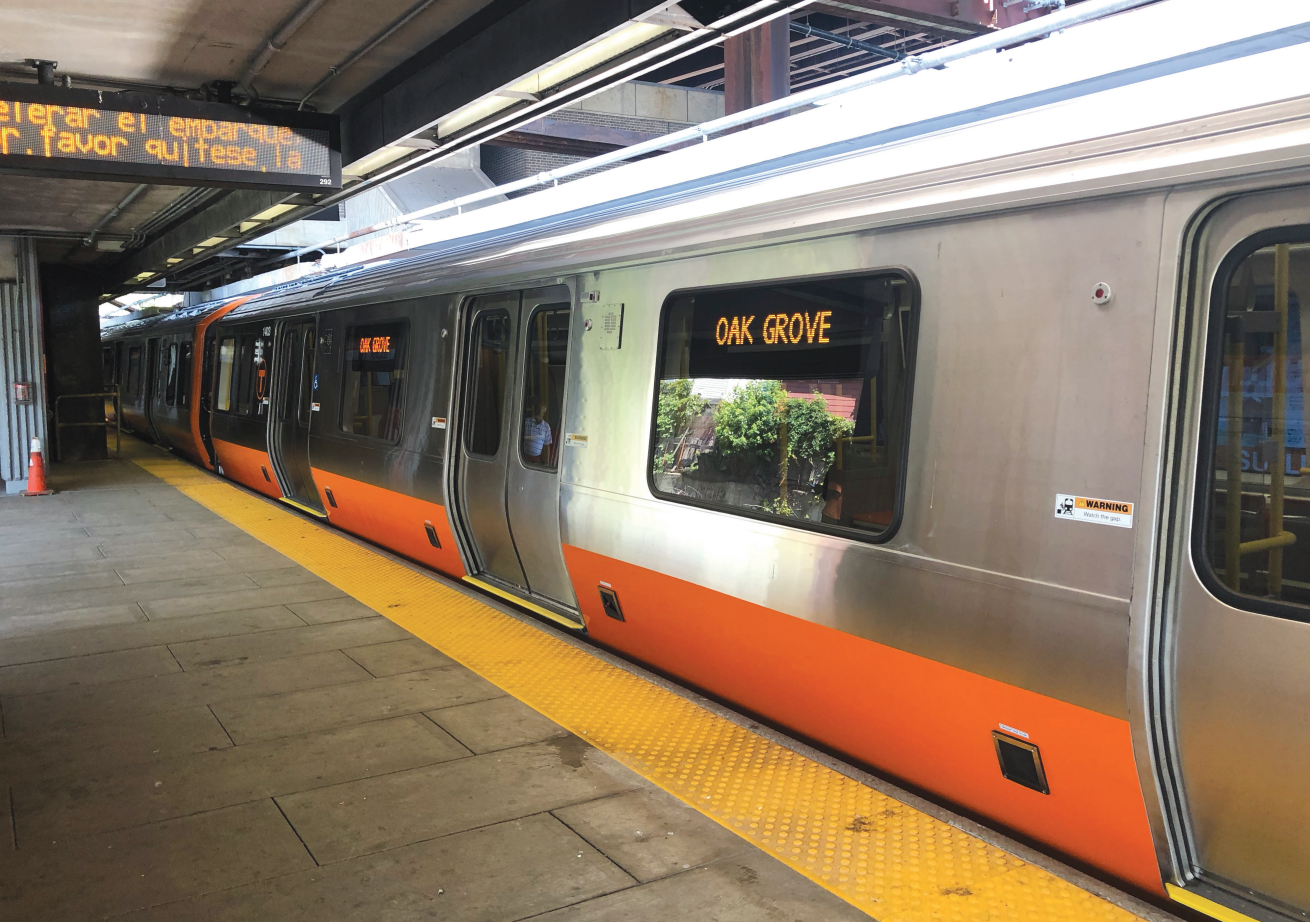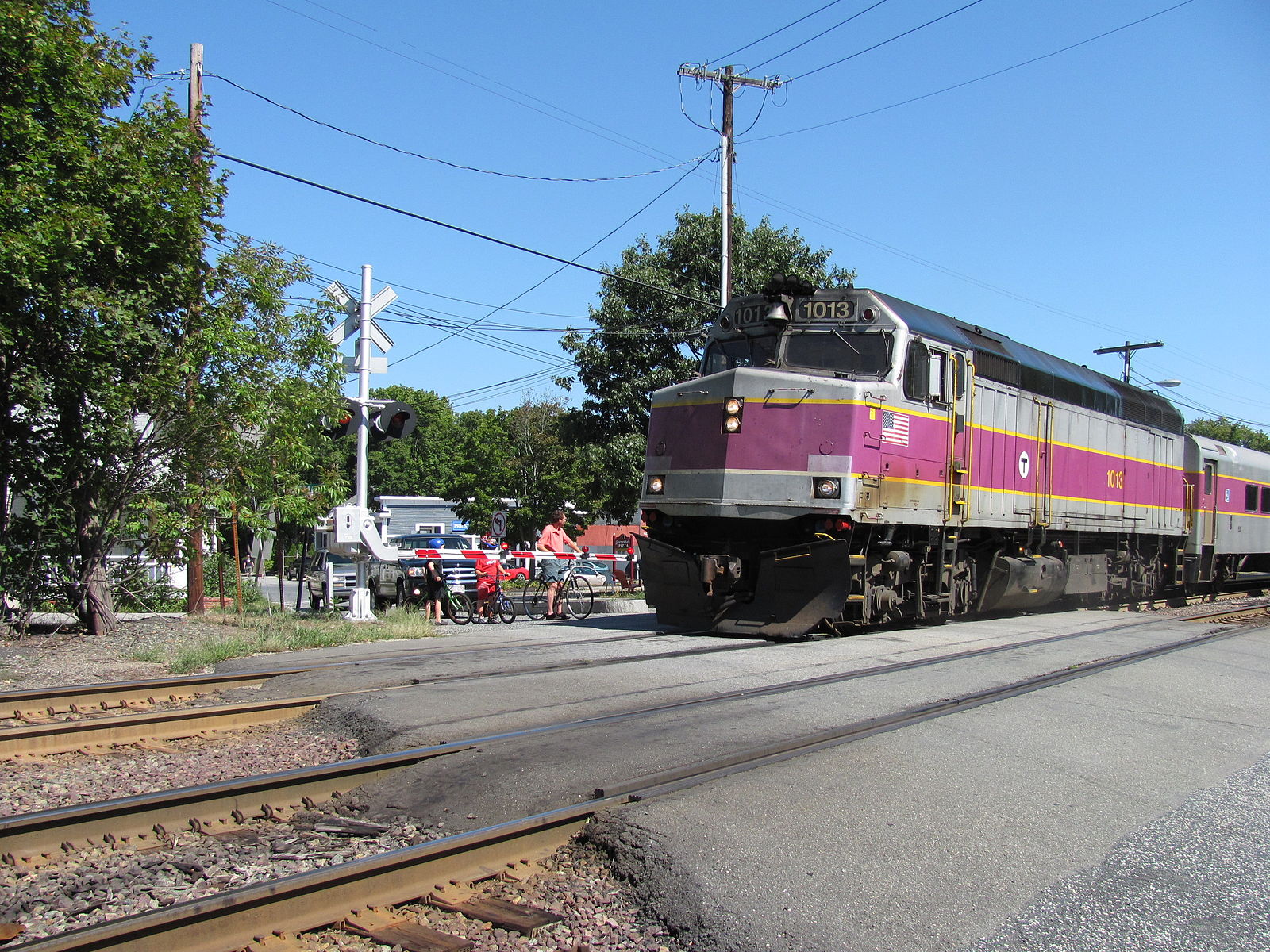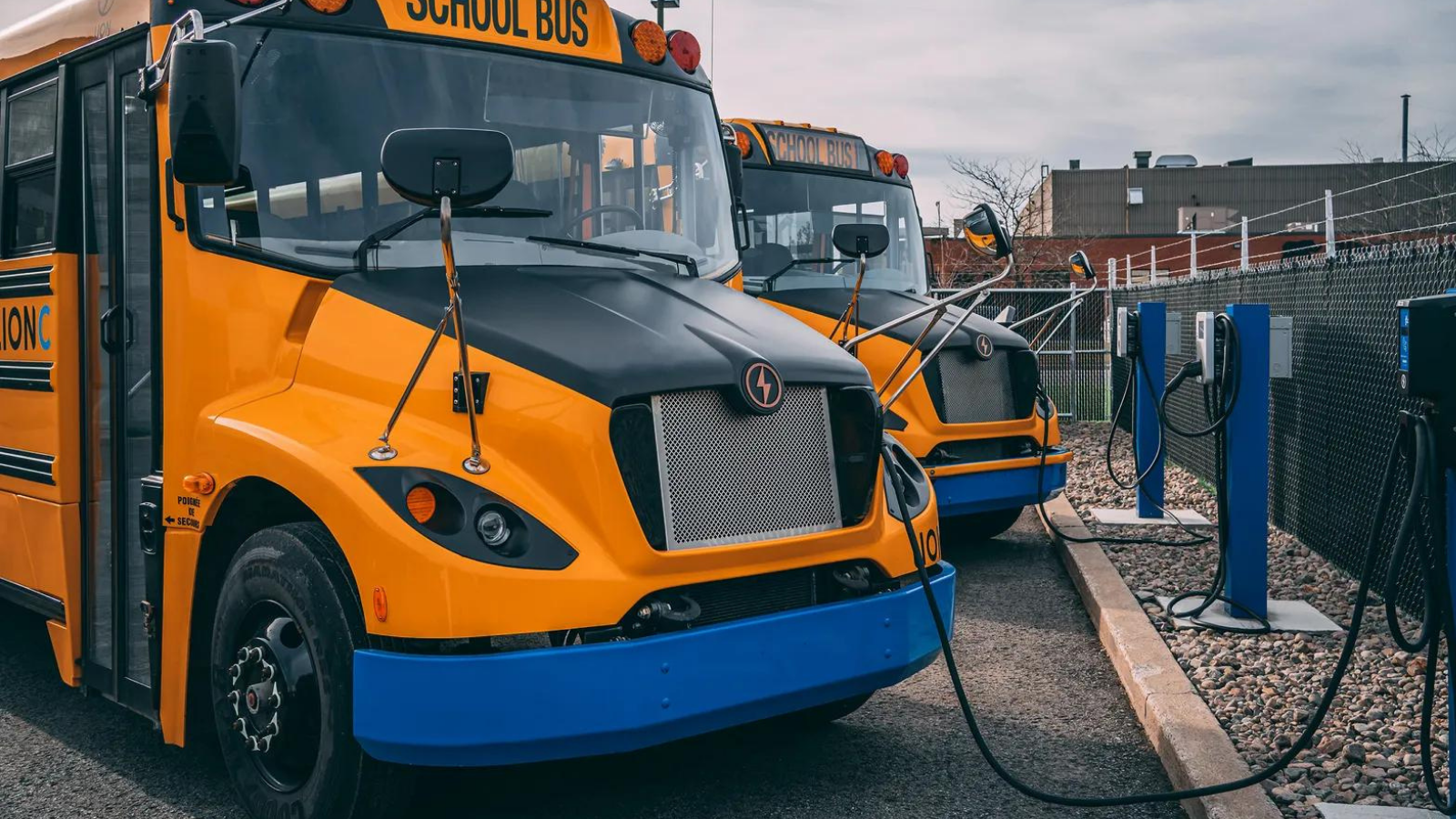MASSPIRG testimony in support of permanent MBTA Board and fare-free RTA service
MASSPIRG urges Joint Transportation to support An act relative to transportation governance (HB 3542/SB 22266) and An act relative to fare free buses (HB 3403/SB 2340), which will ensure that the Commonwealth's public transportation systems are more efficient, accessible and sustainable, so that they better serve all residents of Massachusetts, regardless of where they live.

In support of:
An Act Relative to Transportation Governance (HB3542 and SB2266), Representative Joan Meschino and Senator Joseph Boncore
An Act Relative to Fare Free Buses (HB3403 and SB2340), Representative Christine Barber and Senator Patricia Jehlen
July 30, 2021
To Chairman Boncore, Chairman Strauss, and members of the committee:
Thank you for the opportunity to present this testimony in favor of the following bill: An act relative to transportation governance (HB3542 and SB2266) introduced by Senator Joseph Boncore and Representative Joan Meschino, and An Act Relative to Fare Free Buses (HB3403 and SB2340). These bills will ensure that our state’s public transportation systems are more efficient, accessible and sustainable, so that they better serve all residents of the Commonwealth, regardless of where they live.
The COVID-19 health crisis demonstrated how important public transit is to so many of those living in the Greater Boston Region, especially our essential workers who have kept our state going over the past year and a half. We need to ensure robust public transit service remains a hallmark of our state’s transportation system.
An act relative to transportation governance (HB3542 and SB2266) will help us do this, by creating a permanent governing body to ensure the MBTA: 1) continues to make smart investments in its infrastructure, 2) maintains transparency with regards to its operations and capital needs, and 3) provides a dedicated venue for the public to attend important meetings and speak up about issues and concerns. For further information on our specific recommendations, please see MASSPIRG’s report, 21st-Century Transportation: MBTA Governance and Transformation, which we released along with the Conservation Law Foundation and Transportation For Massachusetts.
MBTA riders cannot endure another acute crisis like the one seen during the winter of 2015, which literally left riders out in the cold. I want to thank the Legislature for ensuring that this doesn’t happen again by working to include language from HB3542 and SB2266 within the state budget for Fiscal Year 2022 to institute a permanent MBTA governing board.
While the MBTA is a large piece of the Commonwealth’s public transportation system, we can’t forget about the rest of the state. With over 50% of the state’s population, including Worcester and Springfield – the second and fourth largest cities in New England – we must also support our 15 Regional Transit Authorities (or RTAs) if we are going to successfully encourage a mode shift away from single occupancy vehicle travel and increase public transit ridership.
Prior to the pandemic, RTAs served as a lifeline for many outside of the Greater Boston Region, providing around 28 million unlinked passenger trips every year. Most RTA riders are lower income and cannot drive or do not have access to other modes of transportation. But in large part, RTA service is not convenient, frequent nor far reaching enough to be a legitimate option for people who could otherwise drive.
The RTAs must be a part of our efforts to transform transportation in Massachusetts. Much of the state won’t be able to move away from our currently car-centric system if we don’t improve the accessibility of RTAs. To make this vision a reality, we have to modernize RTA service and make it more attractive for people to ride.
Experience around the world, our country, and our state suggests that reducing fares or making them free significantly increases ridership. In fact, Massachusetts has already started experimenting with fare free service. Multiple RTAs, including the Worcester Regional Transit Authority (WRTA) and the Merrimack Valley Regional Transit Authority (MVRTA), established fare free programs during the COVID-19 pandemic. Although only the WRTA’s fare free policy has continued, both of these efforts were successful in increasing transit ridership, as the WRTA saw a nearly 25% uptick.
An Act Relative to Fare Free Buses (HB3403 and SB2340) would help put RTAs on this path to more accessible transit service by establishing a 1-year pilot program for RTAs to run fare-free service on at least one high ridership route. Not only would this improve RTA riders’ access to essential resources, it will also improve public health and our efforts to combat climate change by getting more people out of single occupancy vehicles and onto public transit.
For these reasons, I urge you to report HB3542, SB2266, HB3403 and SB2340 favorably out of this committee without delay.
Thank you for your hard work on these bills and for considering our testimony.
Sincerely,
John Stout
MASSPIRG Transportation Advocate
[email protected] – (857) 285-3605
Topics
Authors
John Stout
Find Out More

A threat to federal climate investment: Highway boondoggles

Massachusetts needs world-class public transit

Electric school buses can clean up our energy and transportation systems

